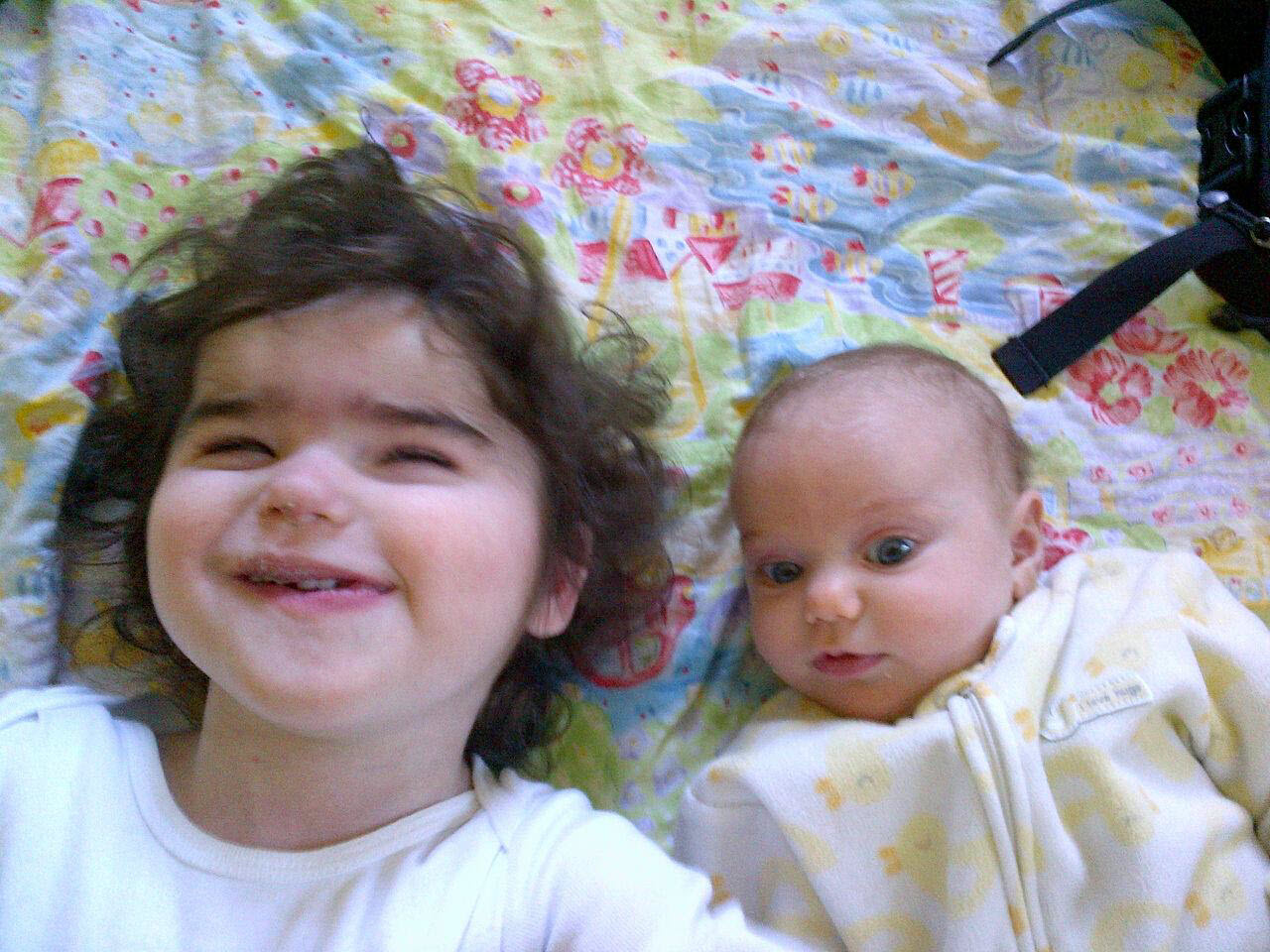
My first experience of motherhood was like getting blindsided by a truck — startling and painful and messy. Shortly after my unexpected C-section, my daughter, Joy, was whisked to the NICU (Neonatal Intensive Care Unit). There, I watched her battle feeding and breathing problems and learned of the structural issues with her eyes. I didn’t know then that I can only love her, not cure her. Mothers, I still believed, can make anything better.
Throughout those first days, I strained to process the doctor’s medical-speak while nurses taught me to hold Joy without snagging the tubes and wires tethering her to monitors and machines. At night, my hospital room was quiet without the gurgles and cries of my newborn. When I was discharged before Joy, it felt like she was being ripped from my body — again.
Over the next four years, my husband and I learned to be parents of a child with special needs. We sat speechless when doctors informed us our 4-month-old needed a feeding tube to stay nourished and hydrated. We comforted her after surgeries, spent many nights in hospitals spanning multiple states, and waited to celebrate milestones that never came. I eventually learned to pick up on the tiny signs that precede her medical meltdowns. My bond with Joy is almost transcendent, yet it’s weighed down by overwhelming responsibility.
Three years after Joy, my younger daughter’s birth went exactly as planned. Rachel and I cuddled in my hospital bed, and she nursed without issue. Our pediatrician laughed when I responded to her baby tips with, “What do you mean she may wake up every hour and a half to eat?” I simply didn't know. Mothering Rachel made me a first-time mom, the second time around.
I still struggle to integrate these splintered domains. Each girl needs me for different reasons and requires specific mothering skills and knowledge. And they each surface different emotions from me.
Months later, I was relieved when Rachel pushed up onto her forearms from her belly, and I have felt ticked by her newfound skills ever since. “She’s using a pincer grasp!” I shouted to my husband when Rachel picked up a puff treat between her pointer finger and thumb. Another afternoon I sat dumbfounded when she stood up on her own. Rachel’s body naturally thrives, progressing through milestones whether I prompt her or not. We, too, are deeply connected, but in a different way. I can shed the roles of advocate, nurse, doctor, and therapist — and just be her mom.
With Rachel, I’ve discovered the world of typically developing children while staying rooted in the universe of medically complex kids. I still struggle to integrate these splintered domains. Each girl needs me for different reasons and requires specific mothering skills and knowledge. And they each surface different emotions from me.
Like the time Rachel ate her first bowl of rice cereal. Though she had never shown signs of feeding troubles, I studied her face for color changes, listened for her to swallow and monitored her tongue movements. I was amazed when she finished eating without issue, yet I felt a stab of pain for Joy who, at almost 4 years old, could only manage a taste or two at a time. I feel a similar sock in the gut every morning when Rachel runs out to the curb with my husband to wave goodbye to her sister as a lift raises Joy’s wheelchair onto her school van.
Even though Rachel has infused a sense of normalcy into my life, I’m still most comfortable with parents of profoundly disabled children. They understand my normal. I remember listening to a mother of a typically developing child in the pediatrician’s waiting room complain that she’d been there three times in three weeks. I rolled my eyes behind the magazine I was reading. I’d been there three times in three days and knew from the grayish cast of Joy’s face that another hospital stay was imminent.
It’s not that I dismiss the complaints of typical moms. I just can’t relate — and vice versa. This probably explains why, even after I had Rachel, my friends who have typical children are still hesitant to discuss their kids' garden-variety issues with me. The irony is that I now need everyday advice about toddler proofing and when to introduce different foods, things I never needed to know before.
What I do know is this: I cannot escape my experiences with Joy — the scary and the wonderful. And I cannot unlearn everything I now know about all the ways a small child can struggle. Although Rachel gives me a second chance at a typical mothering experience, I’m not a typical mother. I’m Joy and Rachel’s mother — best as I can be.











